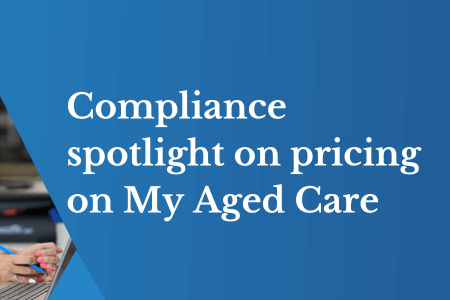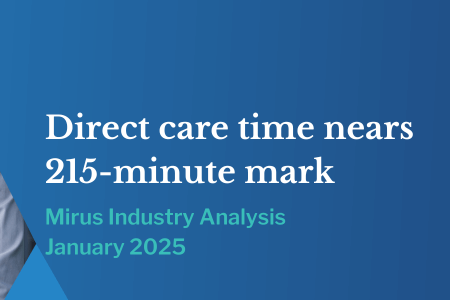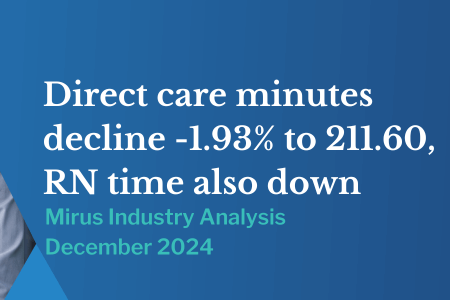How can artificial intelligence help Australian aged care facilities?
March 16, 2016 | Aged Care Management

Technology has always been a big driver when it comes to advancing industries. Innovations are especially beneficial in medical and aged care; new technology can improve patient care and even revolutionise surgical procedures.
While it has been common to see new medical advancements rolling out in professional settings, an up and coming development can provide a number of benefits for aged care management anywhere – a virtual and mobile medical assistant.
What are intelligent virtual assistants?
Intelligent virtual assistants (IVA) are digital characters that interact with users through simulated conversations, according to Gartner’s IT Glossary. They typically use an avatar to represent the assistant and speech and text technology to allow for a back-and-forth dialogue.
The global IVA market is projected to reach US$3.07 billion by 2020.
According to a study by Grand View Research, the global IVA market is projected to reach US$3.07 billion by 2020, with growth spurred on by the technology’s ability to efficiently handle user interactions.
Though IVAs are a relatively new technology, they have already gained immense popularity with mobile users. At Apple’s 2015 Worldwide Developers Conference, it was announced that Siri, the company’s signature voice recognition program, handles over 1 billion user requests each week.
With other digital assistants such as Microsoft’s Cortana and Google Now gaining in popularity, it is clear that the technology will only continue to improve in the future.
IVAs can help in aged care management
According to a report in Australian Ageing Agenda’s Technology Review, Russell Resources is pushing the medical technology envelope when it comes to IVAs.
This startup – based in Melbourne and run by partners Kate and Richard Russell – is working to introduce True Image’s GetAbby to aged care providers in Australia and New Zealand.
Abby, a versatile digital avatar that combines artificial intelligence and natural speech, can interface with patients to provide education, guidance and supervision.
GetAbby has the Only Human-Avatar Care Coach Program http://t.co/Hr5stUcn9k #tech #digital #innovation #healthcare pic.twitter.com/HZtEBmstVG
— True Image (@humanizingAI) May 22, 2015
“She can ask you about your medications and get feedback for medications. She can ask you about your weight, your exercise regimes. We can link her to Fitbit and weight scales. She can provide education on a health concern,” said Ms Russell in the Technology Review article.
Abby can also provide patients with crucial reminders about doctor appointments and when to take medication, check weight and blood pressure, and other key tasks for maintaining their health.
By providing elderly patients with guidance on health matters, Abby can help them attain a measure of autonomy and increase their potential for ageing in place.
Technological advancements like Abby are just some of the exciting breakthroughs in aged care. What do you think are the biggest opportunities for success in the aged care industry today? Please contact us and let us know!


